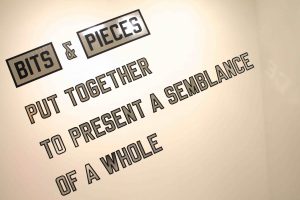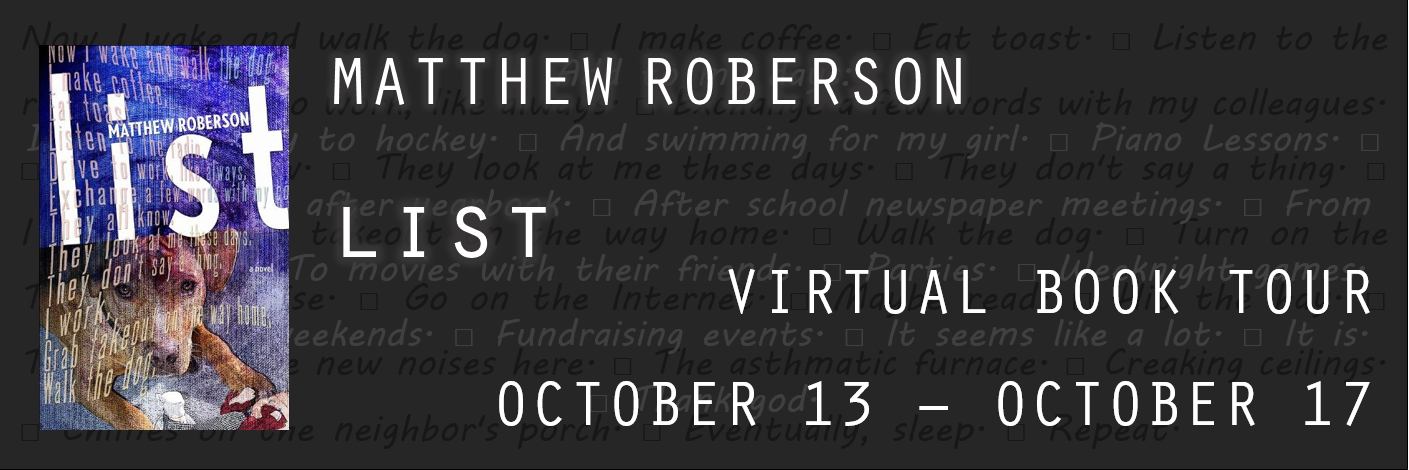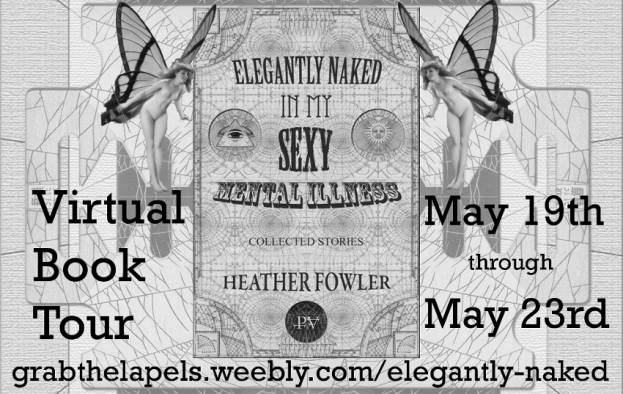Dear Publisher,
This pitch, if you even want to call it that, started out as (& being about) many different things.
In the end, I decided it couldn’t be (about) one thing without being (about) everything.
//
What the hell even is a story if not the simple saga of someone trying?
//
If I wanted to impress you, here are the things I would tell you about myself: I recently graduated from the Iowa Writers’ Workshop and currently teach creative writing for new media there. I was recipient of a Truman Capote Fellowship. I am author of five chapbooks, one of them interactive, two of them for charity. My stories, poems, and articles have appeared or are forthcoming in Best American Experimental Writing 2015, The Iowa Review, The Los Angeles Review, DIAGRAM, Ninth Letter, Passages North, PANK, Hobart, kill author, Pear Noir!, Gargoyle, NAP, OmniVerse, and more. I am co-founder of an experimental literary magazine called Cloud Rodeo, managing editor of Mixed Fruit, and have been a reader for PANK, The Iowa Review, and NPR’s 3 Minute Fiction. In addition, I write a monthly column for Ploughshares on storytelling and intersections between new media and literature and serve as interviews editor for BOAAT press.
The manuscript that I’m submitting, Bestiary and Other Tales of Monsters, was recently finalist in a few contests, including The Lit Pub’s Prose Contest, the Santa Fe Writers’ Market Literary Awards, and the Willow Springs Editions Spokane Prize in Short Fiction.
//
If I wanted to be honest with you, here are the things I would tell you about myself: At 32, I’ve applied to 32 academic jobs & received 0 interview requests. (The future’s so bright I’ve gotta wear one of those miner helmets with an industrial flashlight on it.) I only got into the Iowa Writers’ Workshop after 50 other programs cordially disinvited me to attend their programs over a period of 3 years. The manuscript I’m sending you has been rejected over 25 times now. In workshop sometimes at Iowa, my head would hurt because I didn’t understand what the fuck anyone was talking about. I would say something like, “I like the fact that this story has a pony in it. It’s very axiomatic I think,” and hope no one would ask me if I even knew what the word axiomatic meant. Continue reading
![[PANK]](https://pankmagazine.com/wp-content/themes/pank/assets/images/pank-logo-large.png)




